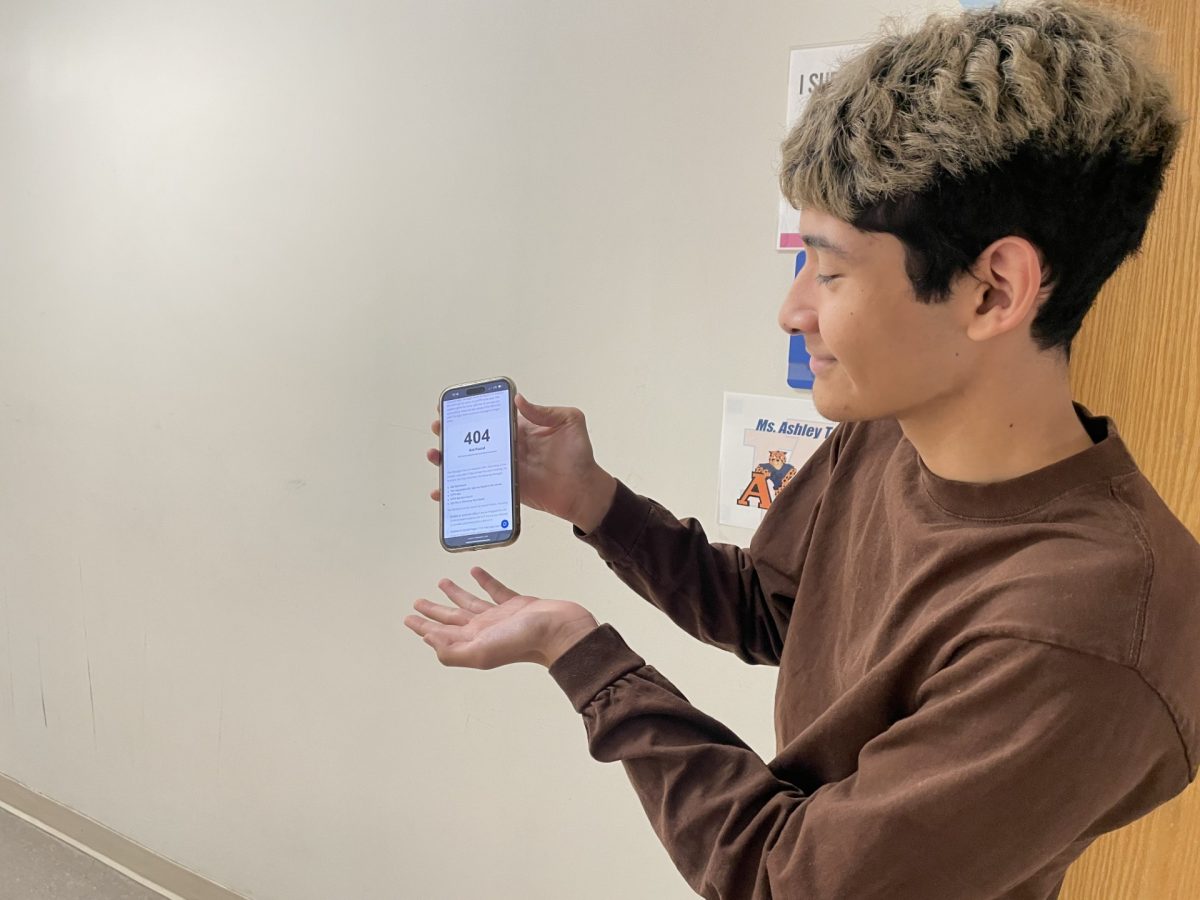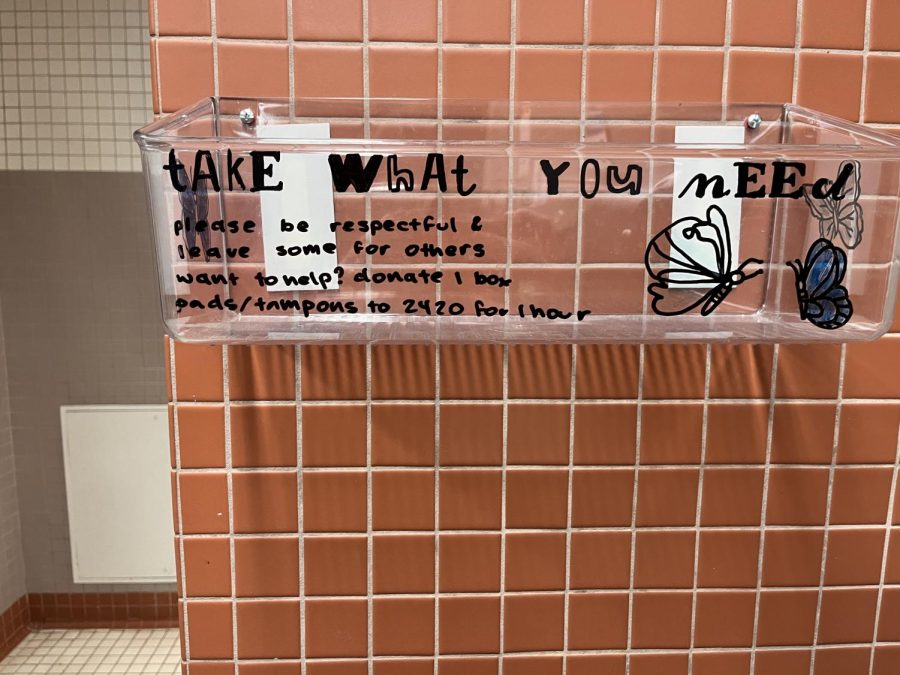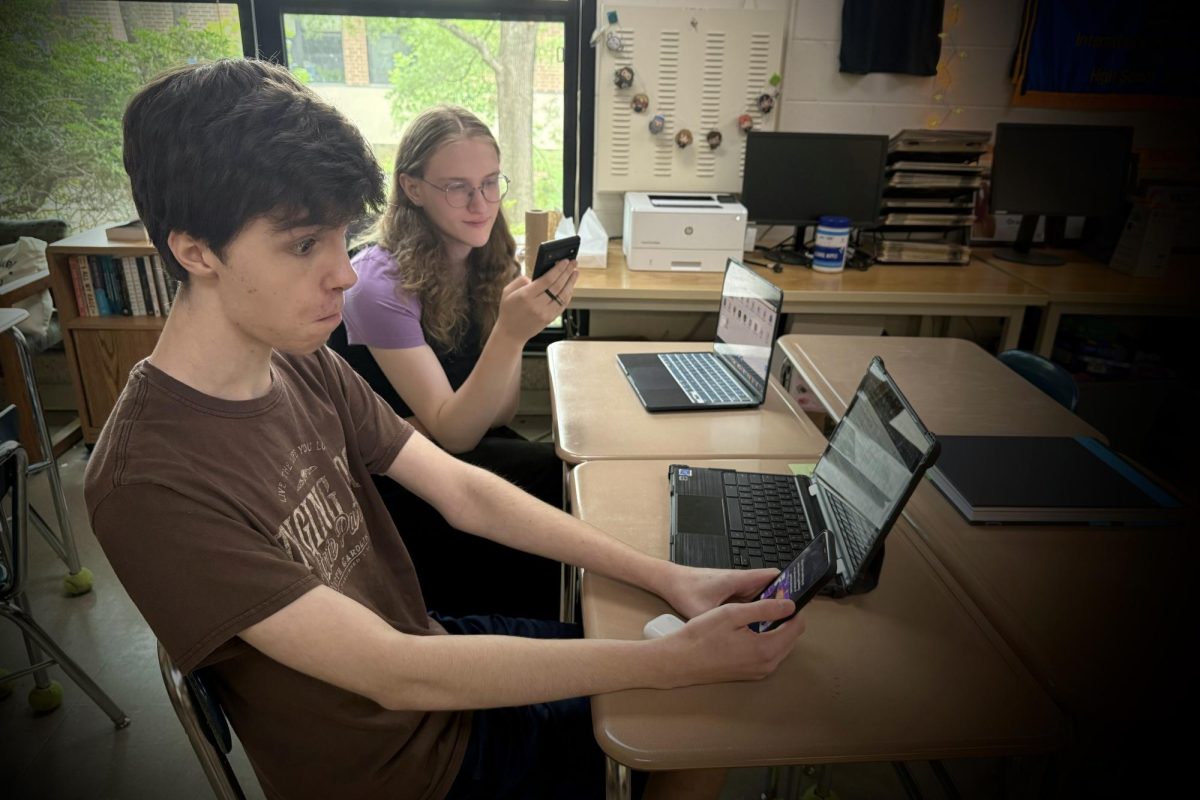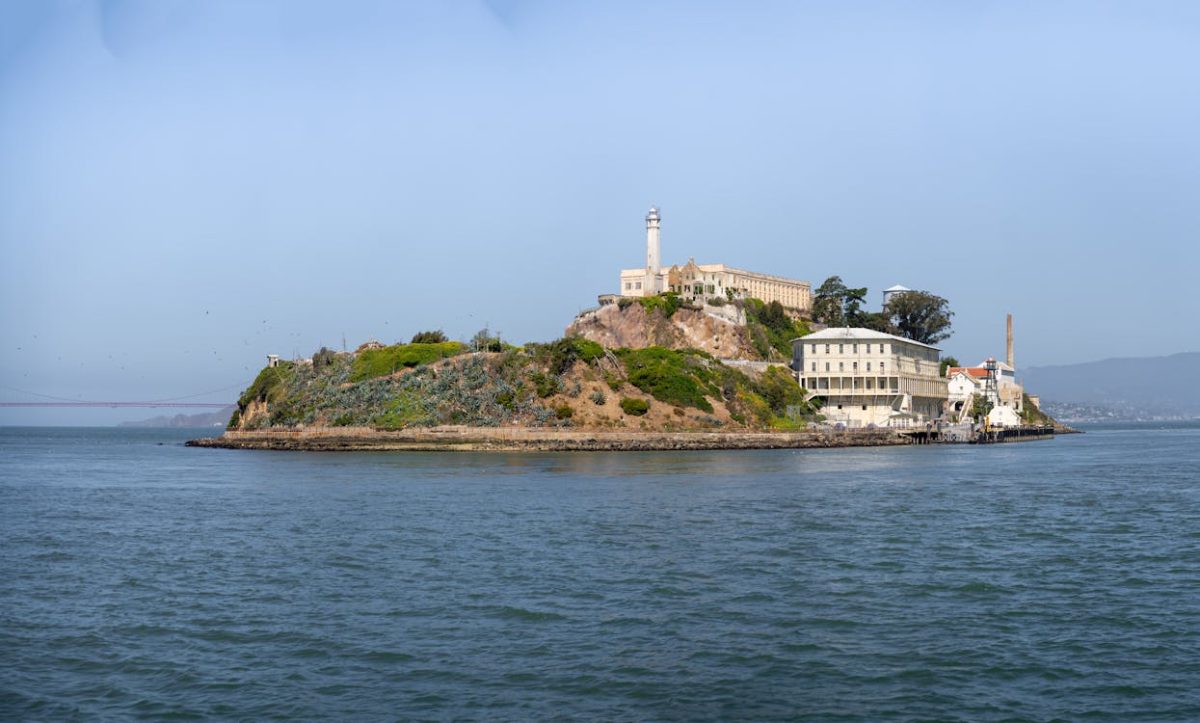President Donald Trump signed an executive order May 1, 2025, aimed at ending federal funding for the Public Broadcasting Service, better known as PBS. This order is a part of a broader effort to cut government spending on public media.
PBS has been a staple in American homes for decades, offering educational and accessible programming for many children. Many young people today remember PBS Kids as the background to their early years, filled with silly characters, catchy theme songs, and life lessons. At Athens Drive, students reflected on how PBS shaped their early learning experiences.
“My favorite show was WordGirl, and I learned a lot of new vocabulary and gained a lot of reading comprehension skills. As someone who doesn’t like to read, watching fun shows was a great and effective way to get me to learn,” said Lu.
For other students, PBS provided life lessons like kindness, perseverance, and helping others, as well as picking up academic and social skills. Watching shows that emphasize teamwork, respect, and curiosity helped shape their understanding of how they adapt to the world around them.
“My favorite shows are Curious George and Wild Kratts, with the power of friendship, nothing can get in the way with love and care,” said Rodriguez. “My favorite show was Odd Squad. They would solve the weird things happening in their town and always helped each other. I got better at math and communications,” said Brock.
Teacher voices and concerns about this executive order, which may have lasting effects, are also expressed. “This political move by Trump’s administration reflects a broader trend of reevaluating the federal government support for cultural and educational institutions,” said Emma Stoltz, teacher at Athens Drive. “With the loss of grants from the National Endowment for the Humanities, there have been cancellations of history documentary projects, raising concerns about preserving national heritage and educational resources, particularly those that have a lasting effect on low-income, rural, or underserved communities,” said Stoltz.
Those in favor of this executive order argue that public media should rely on private funding instead of taxpayer dollars. Others say pulling support could hurt families and limit access to free educational programming for future generations of children, those in households without cable or streaming devices. PBS is one of the free resources left available. Children may lose out on learning experiences during their important age of development.
Stoltz also shares her personal favorite shows growing up. She explains that having older siblings provided more of a wide variety of PBS programs, which could entertain children of all ages. These shows not only offered entertainment but also helped shape her childhood with their educational messages.
“Having older siblings provided a wide array of programs that could entertain kids of many ages. Some of my favorites being Arthur, Mister Rogers’ Neighborhood, Cyberchase, Sesame Street, and Liberty Kids, just to name a few,” said Stoltz.
Beyond entertainment, students and teachers emphasize that PBS has long served as a tool for promoting critical thinking, civic awareness, and Cultural awareness. Shows like PBS Newshour, Frontline, and Liberty Kids introduce younger viewers to history, social studies, and current events in an accessible and entertaining way.
“As an educator, especially a social studies teacher, I take great pride in my role in promoting civic awareness and critical thinking,” said Stoltz. “Notwithstanding the disappointing action taken by the current administration, I will continue to engage with my students to prepare them as participatory citizens,” said Stoltz.
Though decisions and future funding remain uncertain, these shows have contributed to early learning by encouraging young kids to explore and develop foundational skills. At Athens Drive, students still remember the great impact PBS had on their early childhoods.







